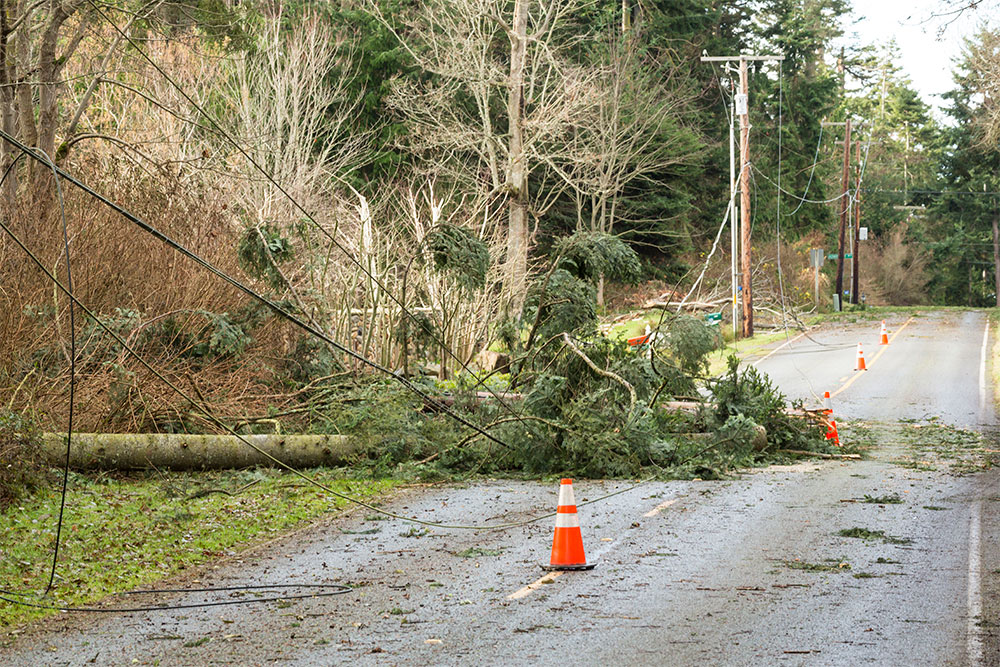Unless operating a factory run by robots, every organization’s most valuable resource is people. Nowhere is this truer than in healthcare. And when disaster strikes, the service that healthcare organizations provide to their communities can increase exponentially. In the last two blogs, Is Your Organization Prepared for a Disaster and Organizational Disaster Resilience: A Team Sport we looked at what it takes to prepare our organizations for disasters and how to engage the teams that will prepare, respond, ensure continued operations, and recover. In this blog, we will look at how to prepare at the individual level.
While science and statistics have debunked the long-held myth that healthcare providers, first responders, and other vital members of our communities will simply abandon their posts in order to be with their families when a disaster strikes, it is important to ensure that we are properly prepared to stay on the front line with the full knowledge that our families, loved ones, neighbors, and pets are taken care of. Having responded to many significant emergency events, I know firsthand that knowing my family had supplies, a plan for when and how to evacuate or shelter, meet up locations, and a solid (and updated) communications plan, kept me in the game and able to serve the public without worrying that my own family was safe. While this might sound like “common sense”, it is worth noting that only slightly more than half of American’s polled had enough water for three days and an emergency kit. Far less
had predefined meetup locations and a communications plan
(U.S. Census Bureau, 2017).
So how do you get prepared and ensure your safety, the safety and readiness of your family and loved ones, and ensure that you will be mission ready when your community needs you the most?
First, become informed. Understand the top threats that you face in your community. If you work in a health center, ask your disaster preparedness coordinator for the top five risks identified in your area (this is required to be in your Emergency Operations Plan so they will have it). Take this information and look at evacuation routes (multiple), safe meetup areas outside of the area (have a plan A, B, and C just in case), shelters in the community, etc. Also, be sure to understand the plans for your work, that of your loved ones, as well as emergency plans for schools if you have children (you will be able to stay mission-focused if you know what the school’s plans are for evacuating your children, where they will go, and how you will be reunited). Next develop a communication plan (on your phone and a backup card to carry in case your phone dies) with all your important contacts, their work/school numbers, family outside the area, and numbers to your predesignated meeting location if applicable.
Once you have all of your plans in place, create a kit (or multiple kits for all members of the family and pets). These kits can be very streamlined or luxurious…just remember that you will have to carry them. At the most basic you should have water or the ability to clean, filter, or disinfect water for three to four days (one gallon, per person, per day). You should also have an emergency blanket, light (and a backup glowstick), gloves, a mask, basic first aid supplies, medications you might need, and a small amount of cash (cards don’t work if the power is out). Also, pro-tip here, have comfortable shoes nearby (in your desk, in your car, etc.)…I once spent a full day in dress shoes and have never been without a comfortable pair of shoes since. Think of this minimalist kit’s purpose being to get you to a larger, more robust kit in your vehicle or home. Most importantly, if you buy any gear to get prepared (cutting edge or low tech), ensure that you know how to use it and practice doing so. I have seen people who had no idea how to operate very expensive GPS watches and on the other end, had no idea how to use the P-38 can opener (GI can opener) in their emergency bag.
So, What Should I Do Next?
Until next time, stay safe!
Article by DJ Phalen, MA, BSPH, CHPP, EMT, NHDP-BC, CHSO, TLO, of our parent company Health Center Partners DJ Phalen serves as the Director of Operations for Emergency Management, Security, and Facilities for Health Center Partners of Southern California (HCP). In this role, DJ represents the HCP family of companies as well as member community health centers in San Diego, Riverside, and Imperial Counties at the local, county, and state level, and supports preparation for public health emergencies through the Emergency Preparedness and Response Program.
